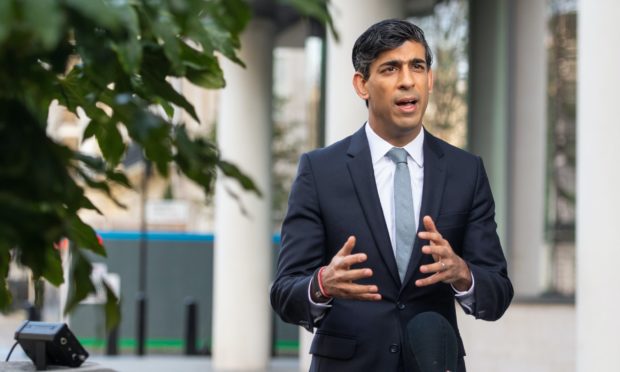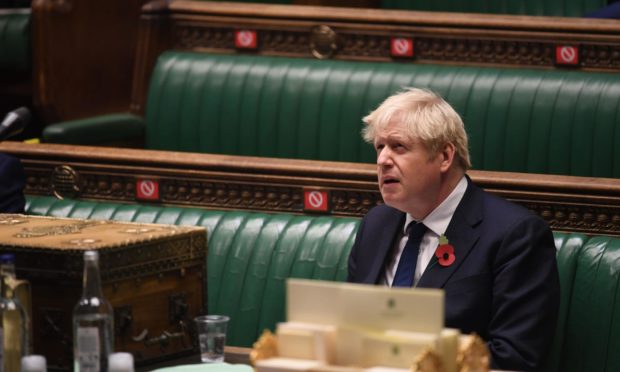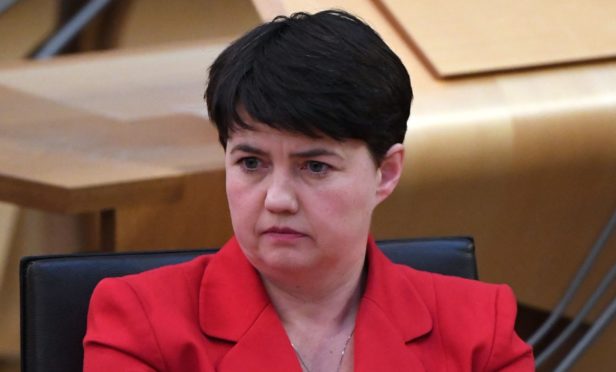Rishi Sunak’s spending review will set the budgets for Whitehall departments on Wednesday against the grim economic backdrop of the coronavirus crisis.
Below is everything you need to know about the Chancellor of the Exchequer’s plan.
What is the spending review?
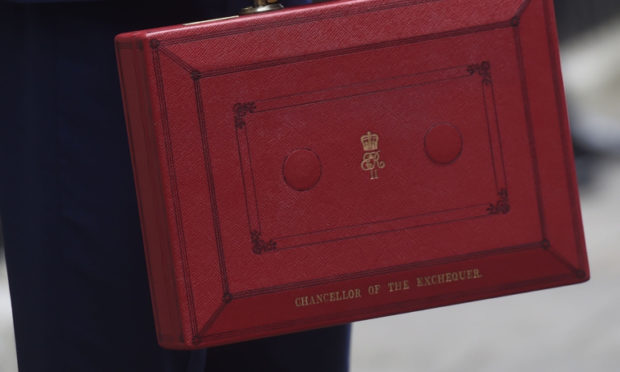
The Treasury sets out how much taxpayers’ money will be allocated to the various branches of government and the devolved administrations in Scotland, Wales and Northern Ireland.
Typically this is a multi-year settlement but, because of the economic uncertainty caused by coronavirus, Mr Sunak will only set out the figures for 2021/22.
Do we know where cash might be spent?
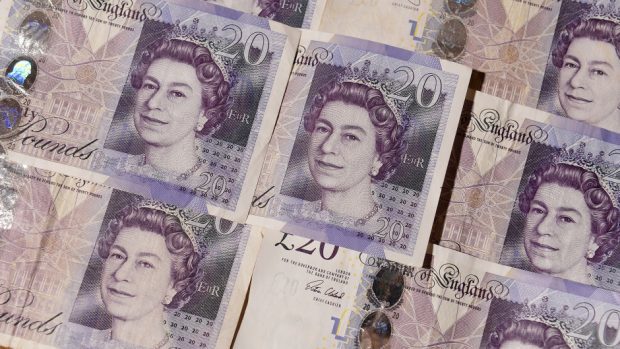
Despite the mounting costs of the pandemic, the Treasury has indicated that huge sums will be spent on schools, prisons, the military, health and infrastructure projects.
There will be £3 billion more to support the NHS in England, including £1 billion to address treatment backlogs built up while attention was focused on Covid-19 patients.
The criminal justice system down south will get £275 million to help courts cope with the cases that have built up due to coronavirus capacity constraints and tens of millions will be spent on a new counter-terrorism HQ.
With both justice and health being devolved areas of government, extra spending in England will mean extra cash – known as Barnett consequentials – for the Scottish Government to spend how it sees fit.
Anything else on the cards?
There will also be measures to support Boris Johnson’s “levelling-up” agenda; in plain English, that means more cash for the UK’s regions and nations.
In our region, this could mean cash for carbon capture at St Fergus, an acceleration of cash for the city and growth deals and cash for standalone projects paid for by a new shared prosperity fund.
Details of the fund are still vague, but it is believed local councils will be able to bid for funding from central government.
All that sounds expensive – I thought the public finances were dire?
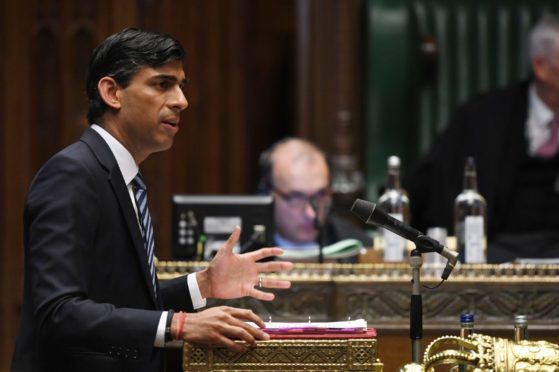
They are, but Mr Sunak wants to keep pumping money in to help a fragile recovery at a time when the government can borrow cheaply due to low interest rates.
However, there are already hints that the Chancellor – who has built his reputation on expensive giveaways – will start to tighten the purse strings.
Public sector workers appear to be in line to bear the brunt of that effort with a pay freeze, although frontline NHS staff may be spared.
Mr Sunak told Cabinet ministers they would have to “think about public pay settlements” in the context of the “wider economic climate”.
The Centre for Policy Studies – a centre-right think tank – has calculated that a three-year total pay freeze would save £23 billion, or £15.3 billion if the NHS is excluded.
Are cuts coming anywhere else?
The Chancellor is expected to announce he is suspending the UK’s commitment to spend 0.7% of national income on overseas aid, with a cut to 0.5% thought likely.
This is a controversial move, as the commitment is enshrined in law and was reaffirmed in last year’s Conservative general election manifesto.
Aid agencies have accused the government of trying to balance the books on the backs of the world’s poor.
Former Scottish Tory leader Ruth Davidson said it would look “appalling”, particularly after the bumper £4 billion-a-year rise in defence spending announced last week.
